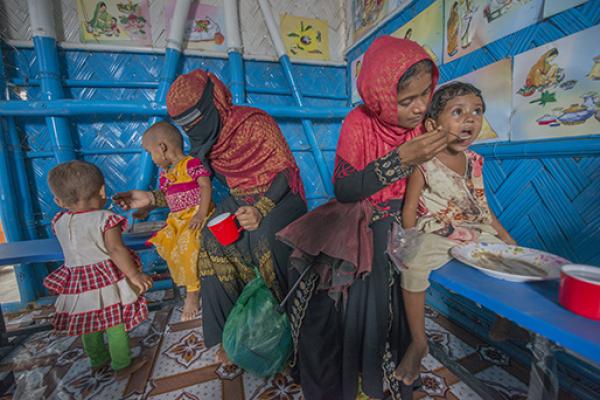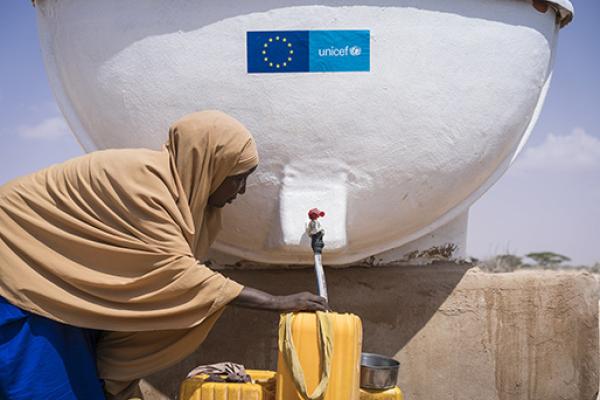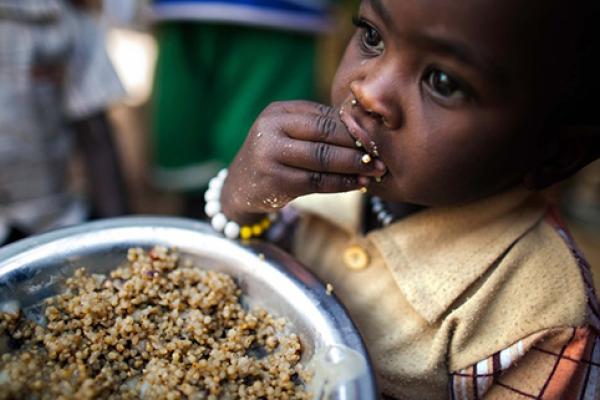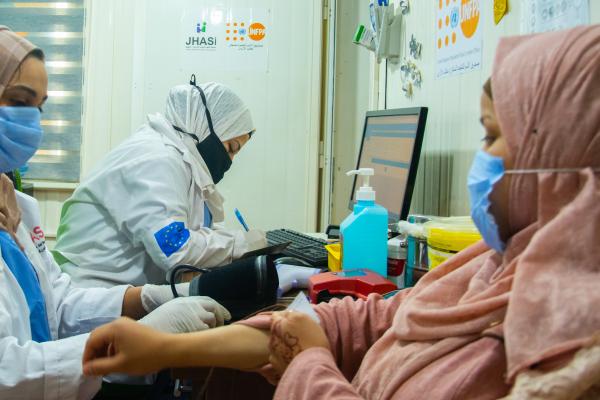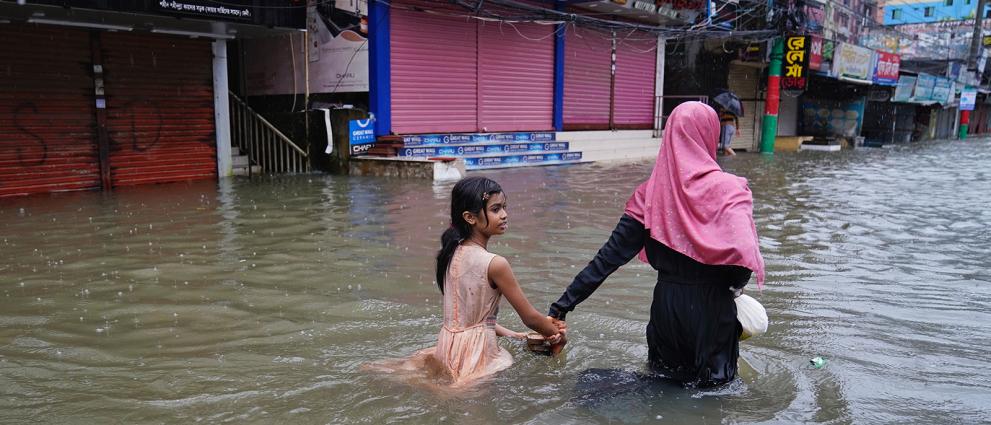
The Commission has released €1.1 million in humanitarian aid after devastating floods hit Bangladesh in recent weeks.
This funding complements the ongoing distribution of hygiene and sanitary items, shelter tools, and kitchen sets from EU-funded emergency stockpiles.
The funding announced today comes in addition to over €33.5 million already allocated in EU humanitarian assistance to Bangladesh in 2024. This assistance mainly funded support to Rohingya refugees living in Cox's Bazar, but also the response to other emergencies in the country, such as heatwaves, cyclones and flooding, as well as anticipatory actions.
Janez Lenarčič, Commissioner for Crisis Management, said: “The floods in Bangladesh have had a devastating impact on the affected communities. We are making European Union funding available and have released contingency stocks that will help our humanitarian partners save lives during this emergency.”
Background
Water has inundated 11 districts in northeast and southeast Bangladesh, including densely populated areas. According to the Ministry of Disaster Management and Relief, over 5.8 million people are affected by the floods in Noakhali, Cumilla, Laxipur, Feni, Chattogram, and Moulvibazar districts, with more than 540,000 currently sheltering in overcrowded evacuation sites.
Up to 1 million people are still trapped by the flood waters as of 30 August, many without water, food or means of communication. Rescue efforts and aid deliveries are underway, but submerged roads and electricity outages are slowing down the response. At least 52 people are confirmed dead, but the number could rise as the flood waters recede.
While Bangladesh frequently faces natural hazards like flooding and cyclones, and has seen many extreme weather events exacerbated by human-induced climate change in recent years, the districts most affected by the current floods are not in an area that is prone to floods.
Details
- Publication date
- 5 September 2024
- Author
- Directorate-General for European Civil Protection and Humanitarian Aid Operations (ECHO)

